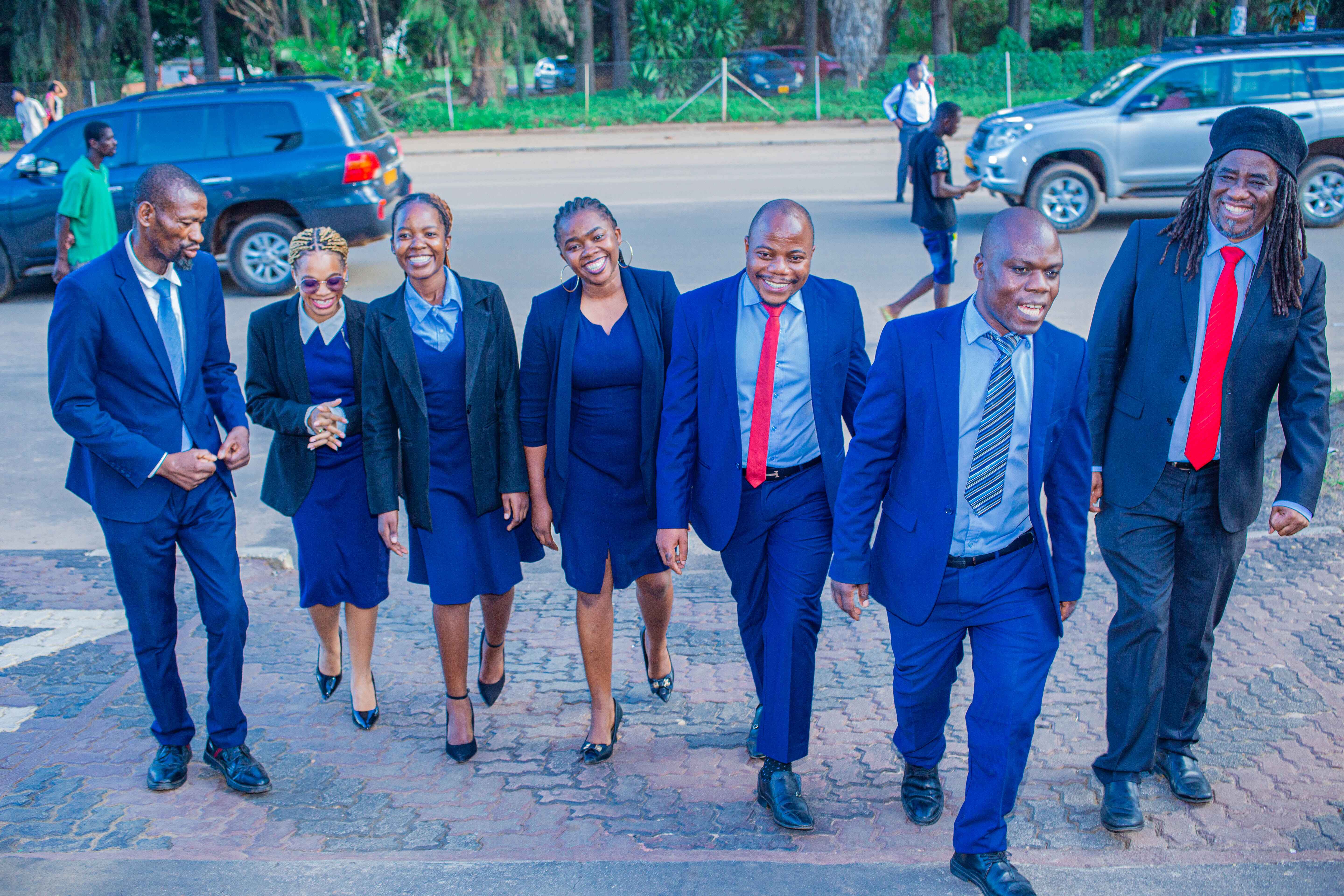
Your Rights During Police Investigations
Interactions with law enforcement can be stressful and intimidating. Understanding your legal rights during police investigations is essential for protecting yourself and ensuring fair treatment under the law. This guide outlines key rights and considerations for individuals facing police investigations in Zimbabwe.
Constitutional Protections
The Constitution of Zimbabwe provides several fundamental rights relevant to criminal investigations:
- Right to personal liberty - Protection against arbitrary arrest and detention
- Right to human dignity - Protection against torture and inhuman treatment
- Right to a fair trial - Including the presumption of innocence
- Right to legal representation - Access to a lawyer of your choice
- Right to remain silent - Protection against self-incrimination
During Police Questioning
If you are questioned by police, remember these important rights:
1. Right to Know the Reason for Questioning
The police must inform you why you are being questioned or detained. You have the right to:
- Be informed promptly of the reason for your arrest
- Know what offense you are suspected of committing
- Receive this information in a language you understand
2. Right to Remain Silent
You are not obligated to answer questions that may incriminate you:
- You can politely decline to answer questions
- Your silence cannot be used as evidence of guilt
- You can state that you will only speak in the presence of your lawyer
3. Right to Legal Representation
You have the right to consult with a lawyer:
- You can request to speak with a lawyer before answering questions
- If you cannot afford a lawyer, you may be eligible for legal aid
- Police questioning should be suspended until your lawyer arrives
Searches and Seizures
The police have specific powers regarding searches, but these powers have limitations:
1. Search Warrants
- Police generally need a warrant to search your home or property
- The warrant must specify what they are looking for and where they can search
- You have the right to see the warrant before allowing entry
2. Exceptions to Warrant Requirements
Police may conduct searches without a warrant in certain circumstances:
- When they have reasonable grounds to suspect evidence may be destroyed
- In emergency situations
- When conducting a lawful arrest
- With your voluntary consent (which you can refuse to give)
Arrest Procedures
If you are arrested, the police must follow proper procedures:
- Use reasonable force only if necessary
- Inform you of your rights upon arrest
- Allow you to contact a lawyer and family member
- Bring you before a court within 48 hours
- Provide necessary medical attention if required
Practical Tips When Dealing with Police
- Stay calm and be respectful - Hostile behavior can escalate the situation
- Identify yourself - Providing basic identification is usually required
- Document the interaction - Note officer names, badge numbers, and details of the encounter
- Do not resist arrest - Even if you believe it's unjustified, challenge it legally afterward
- Contact a lawyer as soon as possible - Legal representation is crucial for protecting your rights
Understanding and asserting your rights during police investigations is not about obstructing justice but ensuring that proper legal procedures are followed. At Matika & Gwisai Legal Practitioners, our criminal defense team provides prompt assistance to individuals facing police investigations or criminal charges. We work to ensure your constitutional rights are protected throughout the legal process.

Tsungai Kwangware
Associate
Tsungai Kwangware is an Associate specializing in criminal law and human rights. With experience in both prosecution and defense, she brings a balanced perspective to criminal cases and is committed to ensuring due process and constitutional protections for all clients.
Divorce and Child Custody Guidelines
May 28, 202415 commentsUnderstanding Your Rights in Employment Disputes
June 15, 202412 commentsCorporate Governance Best Practices in Zimbabwe
June 10, 20248 comments
